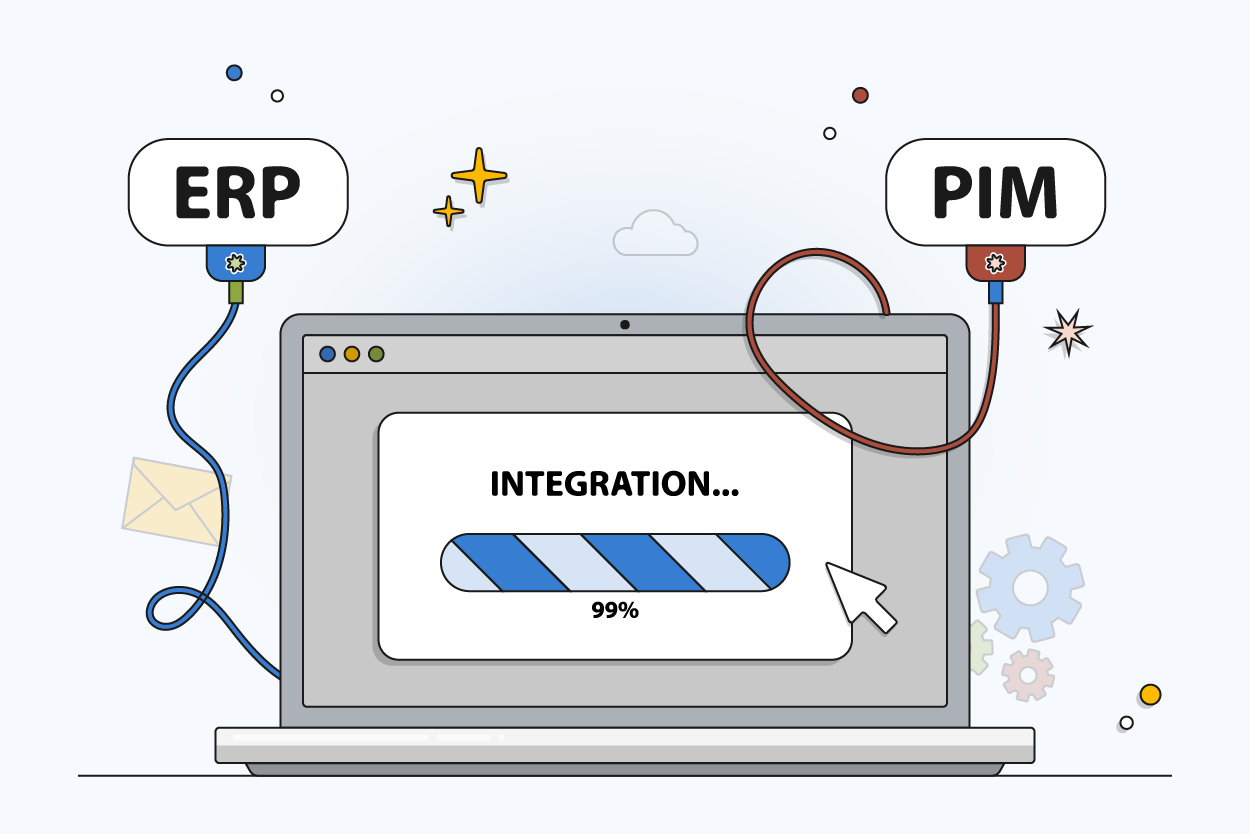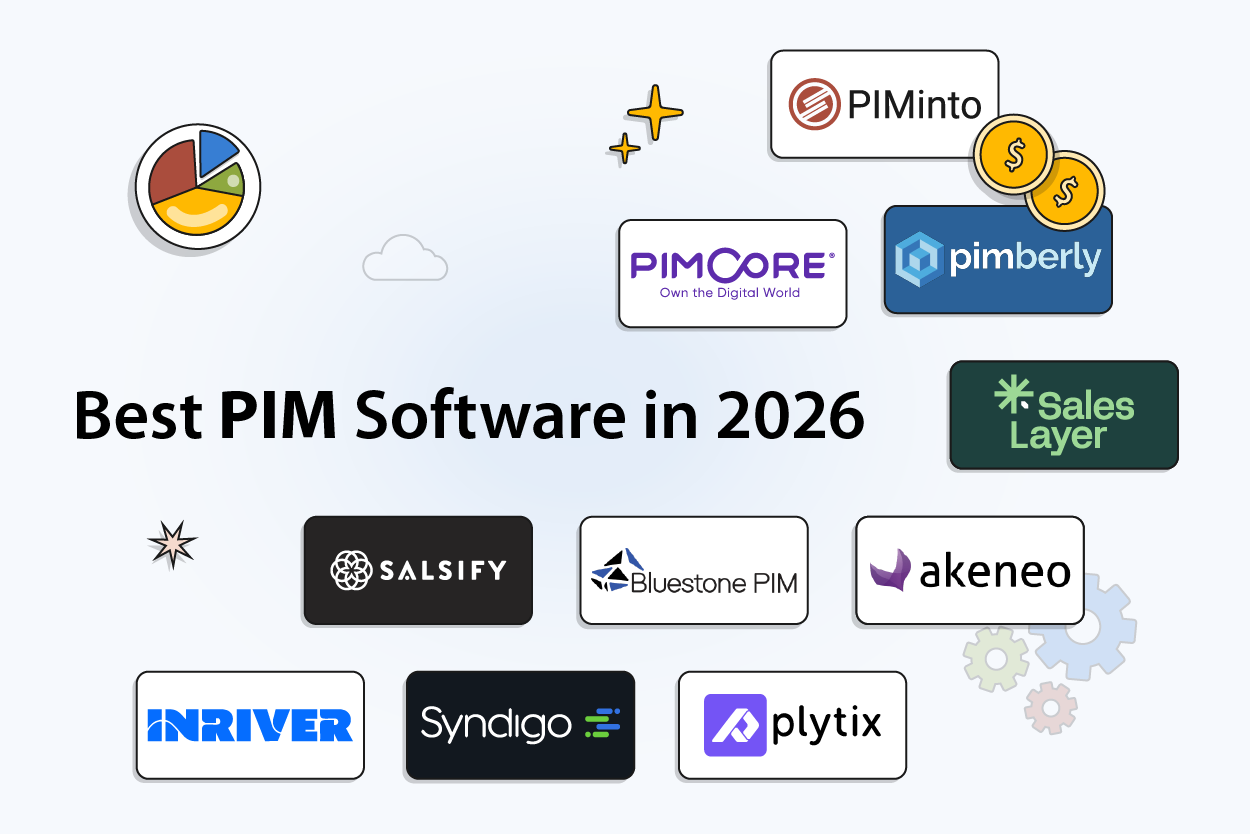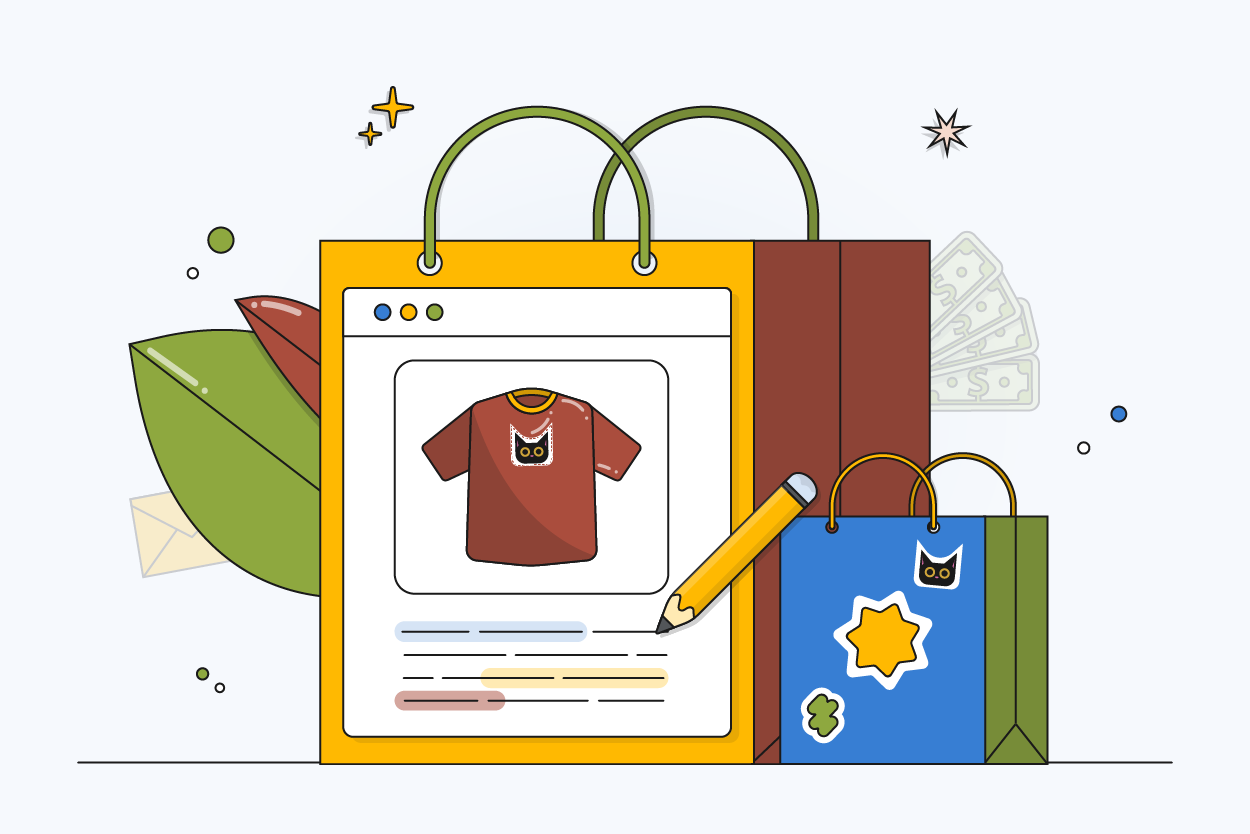Top 10 Best Online Fashion Marketplaces to Sell On
Author name: Maksym Bilokon
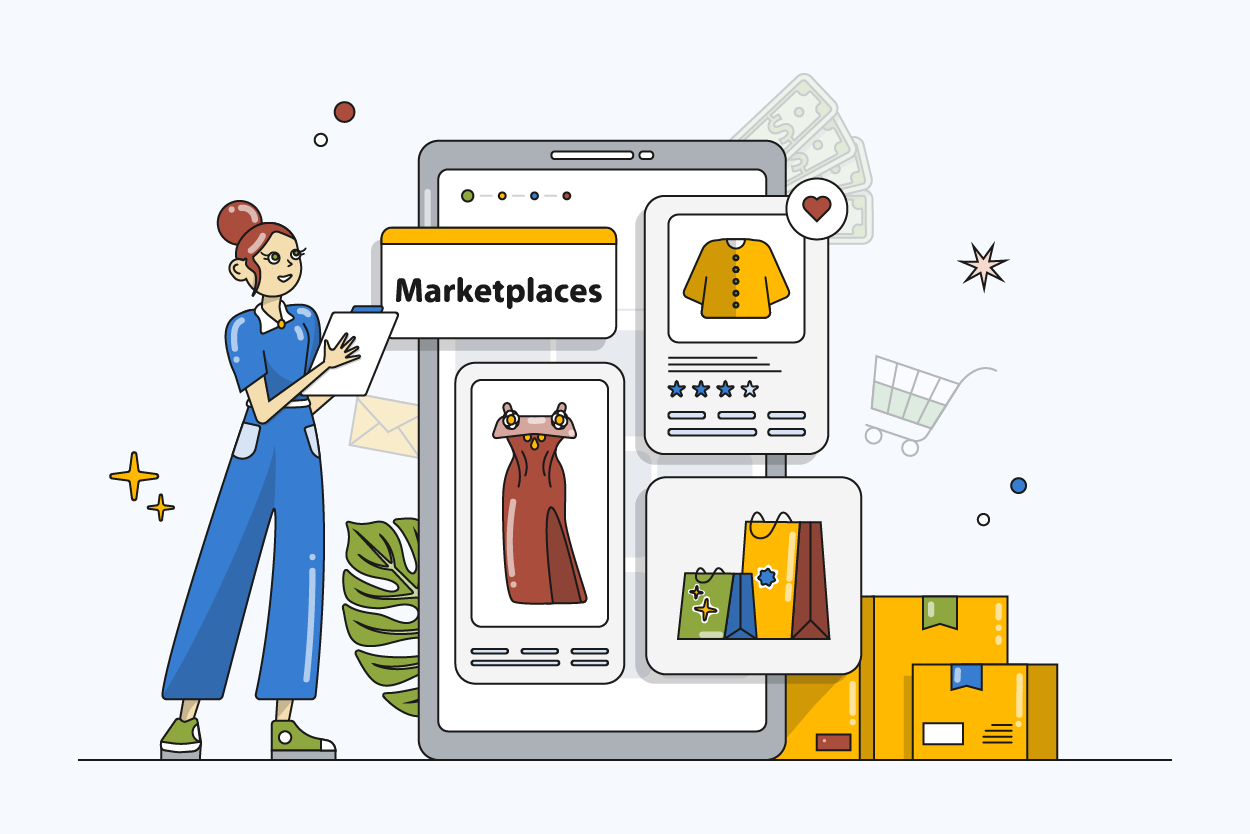
The E-commerce fashion industry is changing, and everyone is excited about how it will look in 2025. Brands want to discover the upcoming trends first and take advantage to maximize sales. Why are marketplaces so popular? Well, they bring colossal income and bring more customers compared to default online stores. For example, in 2024, top marketplaces blew up the industry of online sales by selling goods for over $3,8 trillion. Can you imagine how much can you earn by selecting the marketplace? Even if you have a small business and your catalog is small, you will still have a serious boost.
Keep reading as we will reveal the biggest fashion marketplaces of 2025. You will understand how they work and decide which one to choose.
Top 10 Online Clothing Stores
Online shopping has the upper hand over default shopping. When we go through online stores, we see some options to choose from. Still, when we open the marketplace, it’s a completely different story. You have hundreds or even thousands of options to choose from. You can use more filters, have more sale options, and make the best choice among all available goods. Whether you are looking for new jeans or a workout jacket, you will have things to choose from.
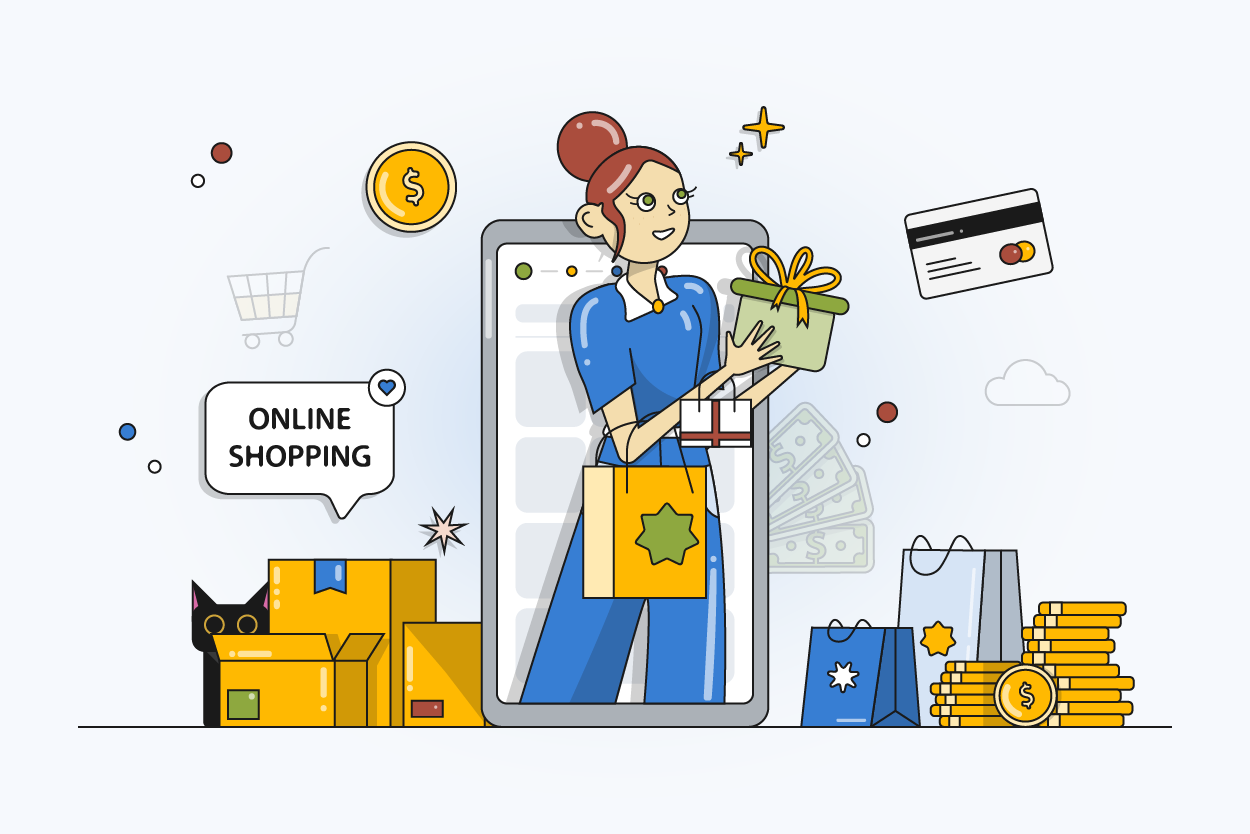
You can take advantage of online clothing stores as a manager. By selling your goods through fashion markets, you attract more users and increase the number of your regular clients. Moreover, if the promotion of your platform won’t succeed, a marketplace will always be your plan B. It’s much easier to access the online fashion market and get the needed clothes than to search for a specific store. If you struggle with sales, consider cooperating with the local fashion markets.
Overview of the Best Online Clothing Stores
We will have a look at online clothing stores that dominate the industry today, revealing their biggest advantages for both customers and sellers. We will discover the biggest advantages of marketplaces compared to offline stores. Also, we will compare three types of marketplaces and explain the difference between them.
Why are Online Fashion Marketplaces Popular?
Online fashion marketplaces are so attractive for several reasons. First, they are simple in use for those who buy and for those who sell. Clients have access to a giant catalog where they select between multiple types of clothes presented in different sizes and colors. Giants like ASOS or Zalando work worldwide while smaller companies are available for users in specific regions.
Sellers consider the fashion marketplace as a chance to increase brand awareness and reach a bigger client base. If the marketplace covers several regions, it’s good for you. Moreover, fashion marketplaces don’t require huge investments. You can start your business with a small budget (compared to industry giants) and succeed. Of course, you need funds for promotion and product information management. Services like PIMinto will help you organize information management with zero risks. Your data sharing will be quite simple and effective.
Last but not least, online stores grant access to new technologies. AI-powered algorithms help people get personalized recommendations to enhance their shopping experience. Also, it’s an opportunity for sellers to find new connections and cooperate with individuals in the future.
Types of Marketplaces
There are three main types of marketplaces: B2B, B2C, and C2C. Let’s have a look at all three of them.
B2B (Business-to-business)
These types of marketplaces are based on selling products on each other on useful terms. For example, eBay is identified as a B2B marketplace. Generally, there are 2 types of B2B marketplaces: vertical and horizontal.
Vertical marketplaces give vertical paths to businesses, in every segment of a specific sector. Horizontal marketplaces differ as they offer services in different segments uniting sellers and customers. With this model of the marketplace, people can sell goods across countries and regions.
B2C (business-to-customer)
In this model of the marketplace, consumers are connected with vendors directly. It’s like a retail store where dozens of providers offer different products, so clients can find everything they need. The main difference between B2B and B2C marketplaces is that B2C aims to attract as many customers as possible. To better understand this difference, it will be better to look at real examples of marketplaces.
C2C (Consumer-to-consumer)
We can say that C2C marketplaces are like huge online garage sales. People who offer products and services meet other people who offer products and services. They can make a profitable exchange or just sell the needed product and get the money. Such practice is quite popular among users. Services like Carsales.au or Poshmark are great examples of C2C websites.
Advantages of Online Fashion Marketplaces
Online fashion marketplaces like Amazon and eBay are some of the most common websites where you can buy almost everything. They are not only about fashion, they are also about gadgets, books, accessories, etc. Now, when we talk about fashion stores, we define the most important advantages of online fashion marketplaces for users.
Convenient services
You are not attached to location or time zone when shopping in online fashion marketplaces. You don’t wait in the queue or skip the day because the store is closed.
Variety of products
No limits for you! Select from thousands or even millions of products. You can not just scroll down page after page but compare the preferred goods and select the best one. The interface allows you to see the difference in price range, available sizes, materials, and other parameters.
Worldwide reach
Marketplaces are advantageous not only for clients but for sellers as well. As a seller, you can expand your reach and go far beyond the global audience. Marketplaces like eBay allow you to sell products to almost every place on planet Earth.
Saving your funds
Some people may ignore it, but operating an online store is cheaper than holding an offline store. Moreover, when you enter the online fashion marketplace, you have more chances to compensate for the money you spend on promotion.
Top 10 Best Online Fashion Marketplaces
Now, let’s overview the 10 best fashion marketplaces in the world right now.
Amazon
Let’s start with the largest and the most popular online fashion marketplace. From the most expensive jewelry to tiny accessories, Amazon offers users to find everything they need. According to the stats, there are more than 5,6 billion visits on this platform per month. This fashion marketplace operates in 17 countries, including the UK, the US, France, Germany, and others. People can order delivery to their address and get the purchased goods in short. Sellers who want to work with Amazon have access to various features, including Amazon Prime, Amazon Brand Registry, etc.
Etsy
This website focuses on selling hand-crafted, creative, and vintage goods. It often becomes the #1 choice for freelancers who start selling their hand-crafted products and want to attract more customers. Considered one of the largest marketplaces in the United States, Etsy has grown and now has sellers worldwide.

People who decide to sell here can customize their store, make direct checkouts to secure payments, and perform international selling operations. They also can access a tool called Selled Dashboard which allows them to manage inventory and monitor analytics. Etsy has a simple user-friendly interface that allows you to quickly find and use the needed option. The only visible disadvantage of this fashion marketplace is a high level of competition. More and more individuals come to the platform, so you have to impress your clients to make them stay.
ASOS

A fashion marketplace ASOS was considered the best place to sell clothes online. It has more than 23 million active users worldwide and over 68 million monthly traffic. This fashion marketplace stands out due to the diverse range of products it offers. For example, in ASOS you can find things from labels and independent designers that are not shared in any other stores or marketplaces. Sellers who cooperate with ASOS get access to a huge customer base and multiple marketing tools. It allows them to launch effective promotions and improve their visibility.
JOOR
A leading B2B fashion marketplace provides comfortable communication between customers and sellers. Everyone who enters this platform can find and purchase what’s needed. Sellers get access to various tools that allow them to manage their inventory, customize profiles, communicate with clients, etc. They can enter new markets, find partners, and build communication with influencers.
Farfetch
Farfetch gathered together hundreds of fashion designers from medium to high price rates. People can find clothes for men, women, and kids. From T-shirts and jackets to shoes, bags, and accessories, you can find whatever you need to meet your preferences. Right now, there are more than 2 million users who use this fashion marketplace regularly, and everyone will Clients will easily operate the website due to its user-friendly interface.
Sellers will have fully customizable profiles where they can add new goods, create informative descriptions, contact buyers, and do everything to make their brand grow.
Selling on Multiple Marketplaces? Centralize Your Product Data
Managing inventory, descriptions, and images across Amazon, ASOS, and Etsy manually leads to errors and wasted time. Learn how multichannel retailers handle product information efficiently.
Next
Established in 2006, Next is considered one of the most popular platforms to sell clothing. The fashion marketplace has more than 8 million visits per month and gives both clients and sellers dozens of opportunities. Those who want to buy can find everything, and those who want to sell can create fancy pages for their products and attract customers. Moreover, with extensive infrastructure and advanced logistics, retailers have extended capabilities when it comes to selling products.
Zalando
Originally, this platform started as a local German marketplace and now stands as one of the most popular websites in Europe. Marketplace gives access to 23 different markets and boasts nearly 50 million customers. Nearly 5,800 brands are available on Zalando, which is more than enough to make a choice. Moreover, sellers who enter the platform have full control over assortment and price. They also can change the price the way they want.
SilkFred
This e-commerce platform is based in London and hosts more than 800 fashion brands. This marketplace is focused on offering affordable clothing in different styles. Moreover, SilkFred has a personalized application with a user-friendly interface. Buyers can easily access any preferred category and select what they need.
Depop
As of 2024-2025, Depop has 2,5 million active sellers and over 45 million registered users. It offers a unique experience for both sellers and customers, allowing them to perform operations quick and simple. For example, if you are selling goods, you go through the straightforward setup process, quickly uploading products and creating pages for them. The interface is pretty simple as you don’t need to spend time searching for the needed option. Moreover, you can communicate with clients via DMs. Depop is not perfect as some issues happen occasionally due to high traffic, but this is rather a minor problem.
Vinted
Who said that second-hand stores couldn’t belong to fashion marketplaces? You can call Vinted a “luxury” second-hand. Over 75 million individuals visit this place to find used clothes, and over 6,5 million users do it monthly. A huge advantage of the platform is a hassle-free experience. You have access to various features that allow you to control listings, add new products, chat with clients, and manage your page the way you want.
Another plus for users is the availability of applications for both iOS and Android. You have easy access to all options, being able to communicate with your clients and make changes in your profile.
Which of These Operates in Truly Global Fashion, and the Entire World Is Their Marketplace?
When it comes to truly global reach, Amazon stands out as the clear leader. With operations in multiple countries and delivery options to nearly every corner of the planet, it's the go-to platform for sellers who want maximum exposure. eBay follows closely with similar worldwide access. For fashion-specific platforms, ASOS has built a strong international presence with millions of active users across continents, while Zalando dominates Europe. If you're in the luxury segment, Farfetch connects high-end boutiques with customers worldwide.
The reality is that "global" means different things depending on your business. A small vintage seller might find more success on Vinted or Depop despite their smaller reach, while an established brand could leverage Amazon's massive infrastructure. Your choice should align with your product type, target audience, and business goals rather than simply chasing the biggest numbers.
Modified on: 2024-03-15
